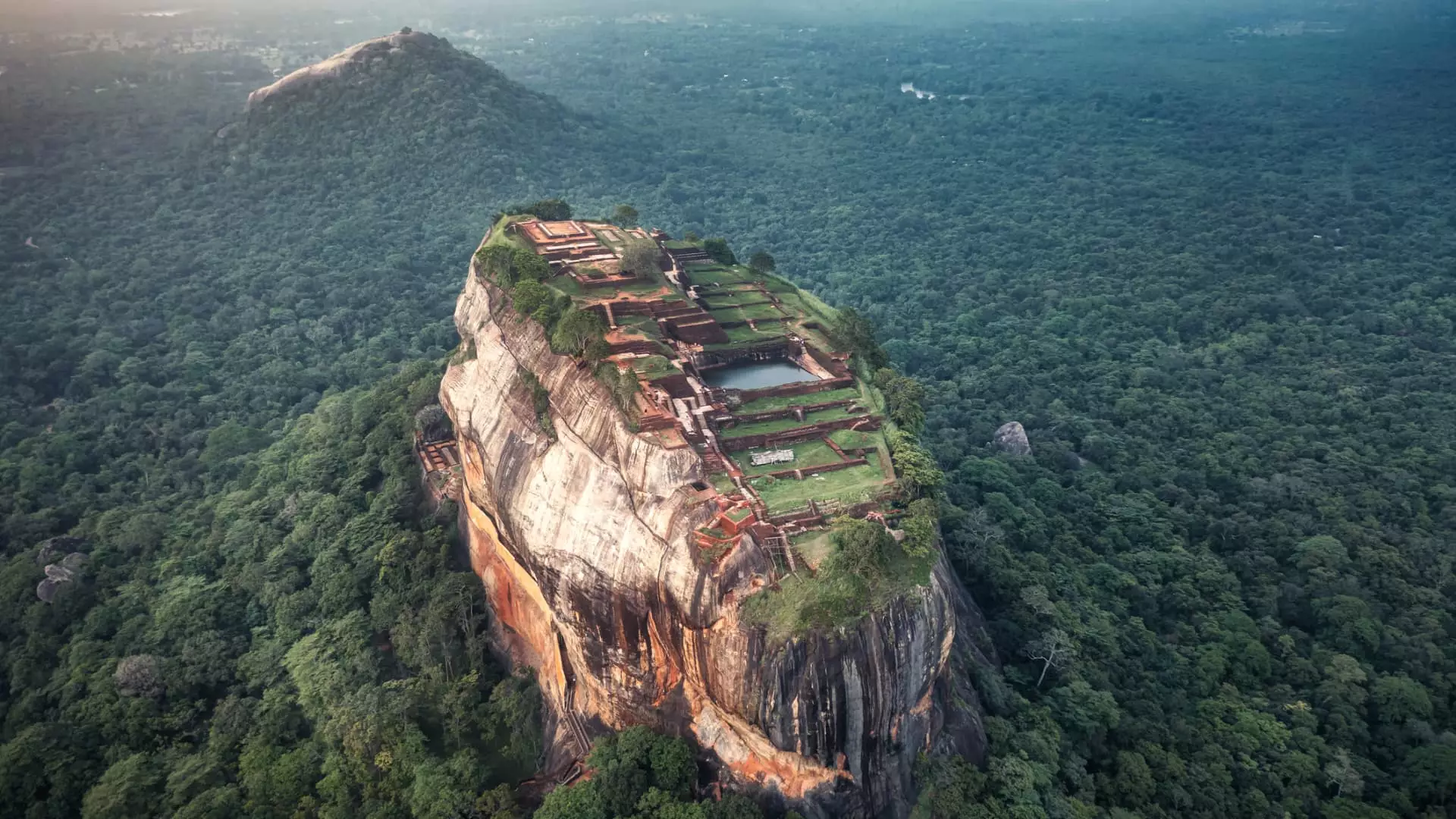The recent increase in the cost of short-term visas to visit Sri Lanka has sparked a debate among travelers and government officials. The price of a visa rose from $50 to $100 in April, leading to speculation about the reasons behind this sudden change. Sri Lanka’s Tourism Minster, Harin Fernando, attributed the price hike to a “technical issue” that arose during the transition to an e-visa system. However, the visa processing company VFS Global claimed that the new visa categories were introduced as per the directives of Sri Lanka’s Department of Immigration and Emigration (DI&E). This conflicting information has left many confused about the actual cause of the increase in visa fees.
One of the reasons cited for the switch from the ETA system to an e-visa system was concerns over the security of the website. Fernando mentioned that the Sri Lankan government wanted to partner with a global company with a strong reputation to avoid hacking incidents by scammers. VFS Global, with its vast experience working with 67 governments and operating in over 150 countries, seemed like the ideal choice. However, this move away from the ETA system led to a backlash from the travel industry in Sri Lanka, as well as corruption allegations from opposition leaders.
The fees charged by VFS Global for processing visas have been a point of contention for many. Local media reports suggested that the service fee per visa amounted to around $25, which raised concerns about the transparency of the process. VFS Global defended its fees by stating that they are approved by all governments and are determined based on various factors. The company also mentioned that the fees for 30-day visas had been significantly reduced, with the Sri Lankan government keeping $40 and VFS Global charging $10. Despite this reduction, applicants from certain countries still have to bear the cost of VFS Global’s fees.
Sri Lanka’s visa policies have been a topic of discussion, especially regarding the distinction between “free visas” and “visa-free” agreements. The country offers free visas to citizens of seven countries, including India, China, and Japan. However, these travelers still have to pay VFS Global’s fees, leading to confusion among applicants. Fernando mentioned that the government is considering adding 60 more countries to the free visa list and will issue a decision soon. The ongoing debate about the role of VFS Global in the visa processing system reflects the need for greater transparency and clarity in Sri Lanka’s visa policies.
The controversy surrounding the rise in visa fees to visit Sri Lanka highlights the importance of clear communication and transparency in government decisions. The conflicting statements from officials and VFS Global have raised doubts about the reasons behind the price hike and the services provided by the visa processing company. Moving forward, it is essential for the Sri Lankan government to address these concerns and ensure that visa policies are fair, accessible, and well-regulated for all travelers.


Leave a Reply